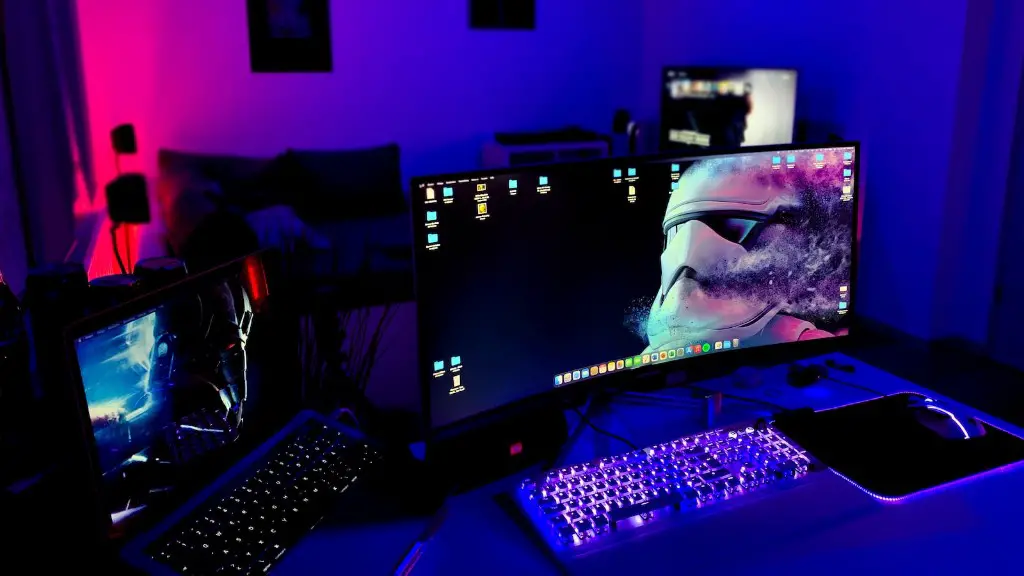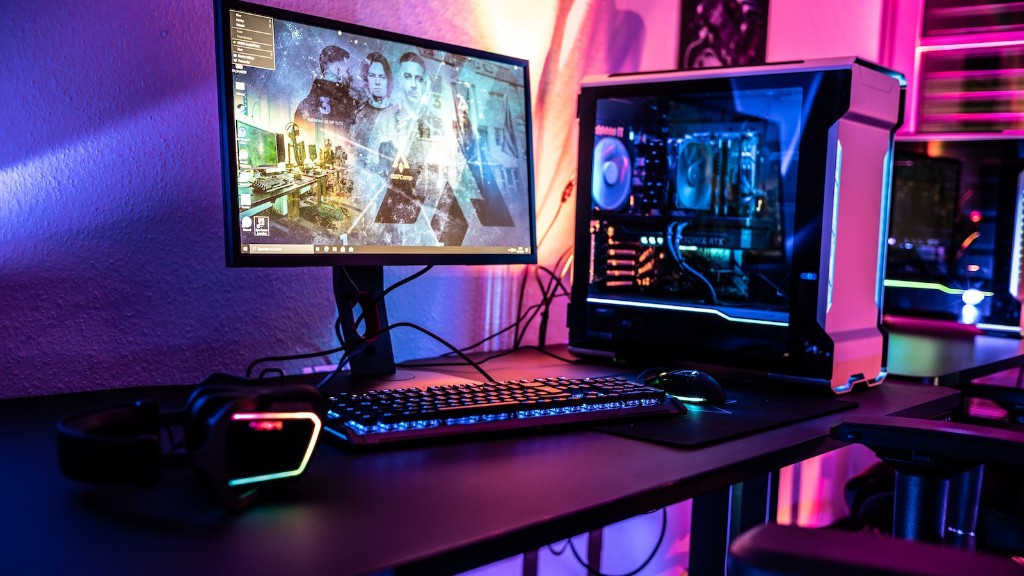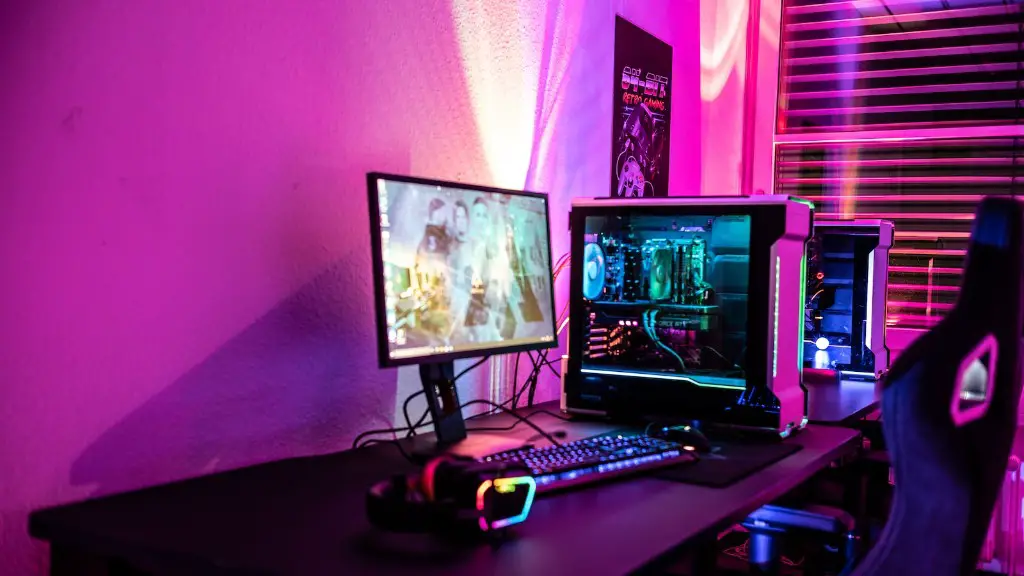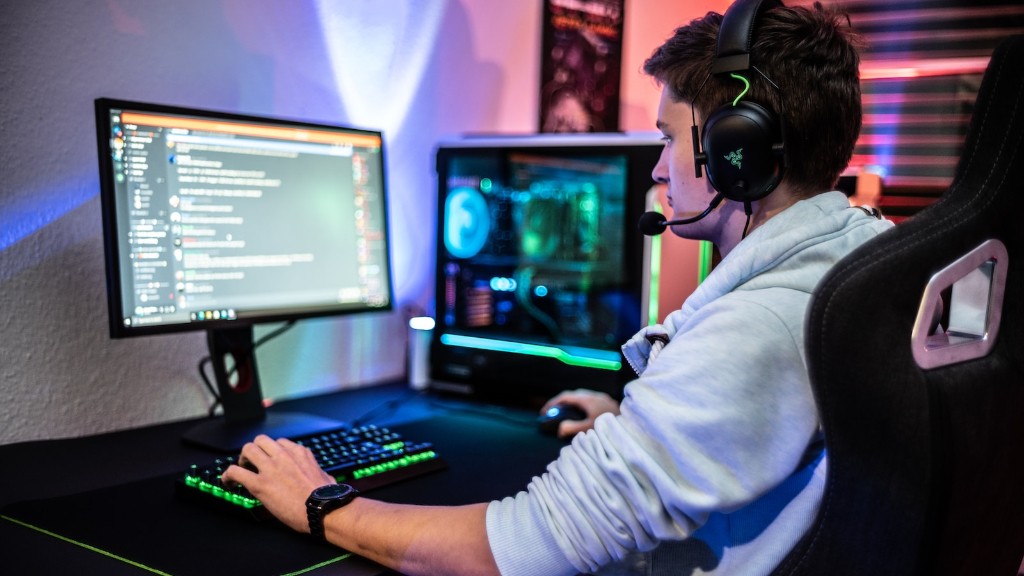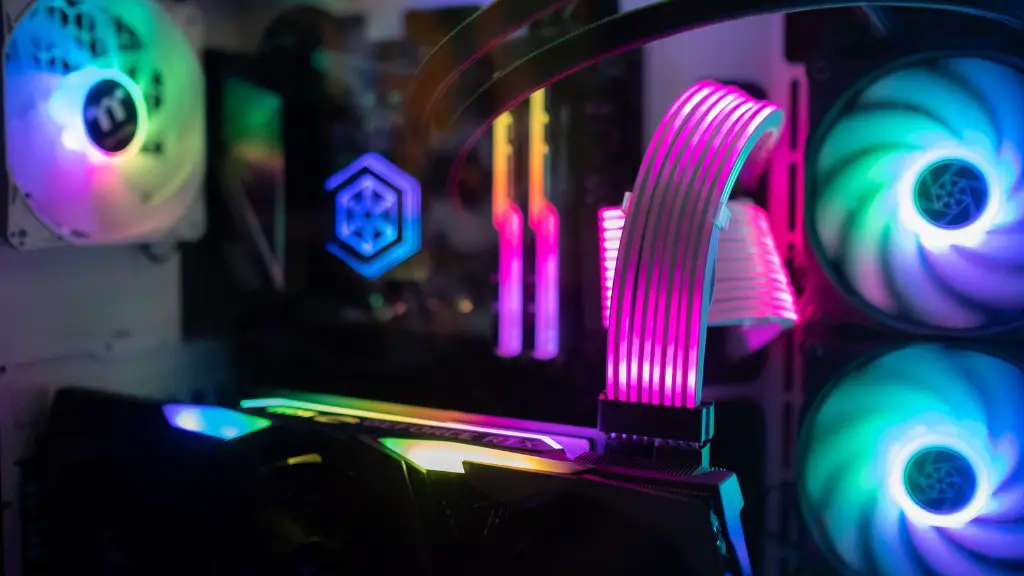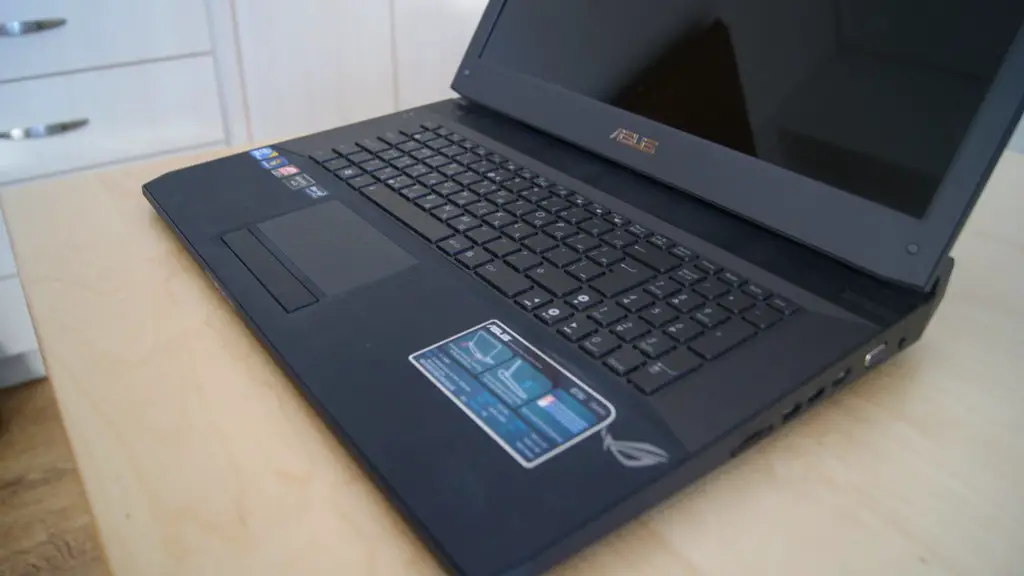Main Topic: What Is Needed To Make A Gaming Pc
Building a gaming PC is the ultimate way to get the complete gaming experience. With powerful components and a unique design, you can make your gaming PC reflect your own style and sensibilities. But what components do you need to make a gaming PC? This article will provide an overview of the components essential for putting together a capable gaming PC.
At the heart of any gaming PC is the processor (CPU). A good processor will deliver solid performance and strong multitasking capabilities. Modern gaming processors come with up to 8 cores and the latest Intel processors deliver higher IPC results. Make sure to take your gaming needs into account when selecting your processor.
Choosing the right graphics card (GPU) is also essential for achieving the ultimate gaming experience. The right GPU will ensure smooth, high framerate performance on both demanding and less demanding titles. Make sure to select a card that can offer both good performance and value. Also, pay attention to the size and power requirements of the card – a card with a large, power-hungry chip may require a more beefy power supply.
Motherboard choice is also important for any gaming build. Good motherboards provide extra features such as built-in Wi-Fi, USB 3.0, SATA 6Gb/s, multi-GPU support and more. You’ll want to select a board that can support your choice of processor, RAM and other components, as well as providing any additional features you require.
When choosing RAM for your gaming PC, you’ll want to select modules with higher clock speeds and capacity for a better gaming experience. Low-latency memory modules can also give you an edge in terms of performance. Make sure to select a memory kit that is compatible with your CPU and motherboard.
Storage selection is also critical for any gaming PC. High-performance SSDs offer the best performance and reliability when it comes to game loading times. Make sure to purchase an SSD with the required capacity and read/write speeds for your gaming needs. HDD storage is also useful for storing media or large games.
A power supply is necessary for powering your gaming PC. Get a power supply that can supply enough wattage for all the components installed. Pay attention to the efficiency rating – a more efficient power supply means that less energy is wasted and your power bill will be lower.
Graphics Card
Graphics cards are the key to high performance gaming. Professional-grade gaming cards are designed to deliver high framerates, smooth performance and excellent visuals. Look for cards with ample onboard memory and support for the latest technology such as SLI/CrossFireX and DX12/Vulkan. Make sure your card can handle the games you’re planning to play.
Performance is the name of the game when selecting a graphics card. Cards with powerful GPUs and lots of onboard memory can deliver excellent performance and output. GPUs with multiple cores, higher clocks and faster VRAM are ideal for gaming. Pay attention to the thermal design power (TDP) rating of the card – the higher the TDP, the more powerful the card will be.
In terms of budget, it’s best to spend about 10-20% of your total budget for a gaming PC on the graphics card. Higher end cards can offer excellent performance, but also come with higher prices. Opting for mid-range cards will provide plenty of performance for most gaming needs while keeping within budget.
Also make sure to consider the size and power demands of the card. A dual-slot card may work well in some cases, while a triple-slot card may be necessary for more powerful cards. Also make sure to check that your power supply has enough wattage to accommodate your graphics card.
Finally, pay attention to the features offered by the card. Smart features such as asynchronous shading, as well as support for DirectX 12 and Vulkan, can offer improved performance and visuals. Also make sure to check if the card supports virtual reality (VR) or multiple monitors.
Processor
The processor (or CPU) is the engine of any gaming PC. A good CPU will provide plenty of performance for gaming and other tasks, as well as multitasking capabilities. This is especially important for streaming or multitasking between gaming and other activities.
Modern gaming CPUs come with more cores and higher clock speeds than ever before. Choose a CPU with 6 to 8 cores and high speed to ensure good performance in games. Ryzen processors offer good performance-to-price ratio, while Intel CPUs offer better efficiency. If you’re looking for the best possible performance, go for the latest Intel i7 or Xeon processors.
In terms of budget, allocate about 10-15% of your total budget for a gaming PC towards the processor. High end CPUs can offer excellent performance, but also come with a hefty price tag. For budget conscious gamers, choosing a mid-range CPU will deliver plenty of performance for most gaming needs.
Power consumption is another factor to consider when selecting a processor. Higher wattage CPUs will require more wattage from your power supply. Make sure to select a power supply with enough wattage to accommodate your CPU and other components.
Finally, also consider the features offered by the CPU. For example, built-in Wi-Fi support, hyperthreading and Turbo Boost can provide extra features that can improve gaming performance. Also, look for a CPU with support for the latest gaming APIs such as DirectX 12 and Vulkan.
RAM
RAM (Random Access Memory) is an essential component for any gaming PC. The more RAM you have, the more games, apps and plugins you can run at once. Modern gaming PCs can come with up to 64 GB of RAM for full multitasking capabilities.
When choosing RAM for your gaming PC, look for modules with higher clock speeds and capacity. Low-latency memory modules will provide a better gaming experience when compared to slower, higher latency modules. Also, select a memory kit that is compatible with your chosen processor and motherboard.
In terms of budget, spend about 5-10% of your total budget for a gaming PC on RAM. Higher end RAM kits may offer lower latencies which can significantly improve gaming performance, but they also come at a premium. For budget conscious gamers, mid-range modules can provide plenty of performance while keeping within budget.
Power consumption is also an important factor to consider when selecting RAM. Higher wattage RAM kits will require more power from the system, while lower wattage kits will save power and your power bill. Make sure your power supply can accommodate your RAM selection.
Finally, make sure to consider the features of your RAM selection. Smart features such as support for XMP profiles can make overclocking easier, as well as improving overall performance. Look for RAM with support for the latest gaming APIs such as DirectX 12 and Vulkan for improved gaming performance.
Motherboard
Selecting the right motherboard is essential for any gaming PC. Good motherboards provide several extra features such as built-in Wi-Fi, USB 3.0 ports, SATA 6Gb/s and multi-GPU support. Look for a board that can support your choice of processor, RAM and other components, as well as any extra features you require.
In terms of budget, allocate about 10% of your total budget for a gaming PC towards the motherboard. Mid-range boards offer good value, while high end boards provide the latest features. Pay attention to the form factor – boards with larger form factors such as ATX and E-ATX can support larger GPUs and more components.
Power consumption is also an important factor to consider when selecting a motherboard. High end boards with multiple graphics cards will require more wattage from your power supply. Make sure your power supply can deliver enough wattage for all components.
Finally, also consider the features offered by the motherboard. Look for boards with support for the latest technology such as USB 3.1, ultra-wide storage and SLI/CrossFireX for increased performance. Dragon Audio and on-board LED lighting can also provide an edge when it comes to immersion.
Storage
Storage selection is critical for any gaming PC build. Solid state drives (SSD) offer the best performance and reliability when it comes to game loading times. Make sure to purchase an SSD with the required capacity and read/write speeds for your gaming needs.
For budget conscious gamers, hybrid hard drives (HHDs) can provide a good balance between price and performance. Make sure to select an HHD with enough capacity to store your games, media and other applications.
In terms of budget, spend about 5-10% of your total budget for a gaming PC on storage. Higher end SSDs can offer better performance but also come at a premium. If you’re looking for storage within budget, HHDs can provide a good balance between capacity and performance.
Power consumption is also something to consider when selecting storage. High-end SSDs and HHDs can consume more power than low end models. Make sure your power supply can accommodate your storage selection.
Finally, consider the features offered by the storage device. Look for support for the latest technologies such as NVMe, SATA Express and TRIM command for improved performance and compatibility. Also, look for features such as encryption, S.M.A.R.T. monitoring and encryption for improved security.
Power Supply
A power supply is necessary for powering your gaming PC. Get a power supply that can supply enough wattage for all the components installed. Pay attention to the efficiency rating – a more efficient power supply means that less energy is wasted and your power bill will be lower.
In terms of budget, spend about 10-15% of your total budget for a gaming PC on the power supply. As with other components, higher end power supplies come at a premium but also offer better performance and reliability. For budget conscious gamers, mid-range power supplies can provide plenty of wattage.
Also consider the size and form factor when selecting a power supply. Standard form factors such as ATX and mini-ITX should accommodate the majority of setups. Also, pay attention to the connectors – make sure your power supply has enough connectors to accommodate all of your components.
Finally, also consider the features offered by the power supply. Look for features such as silence and automatic fan control, as well as support for high efficiency, Gold/Platinum ratings. Also make sure the PSU is modular, which makes installation much easier.
